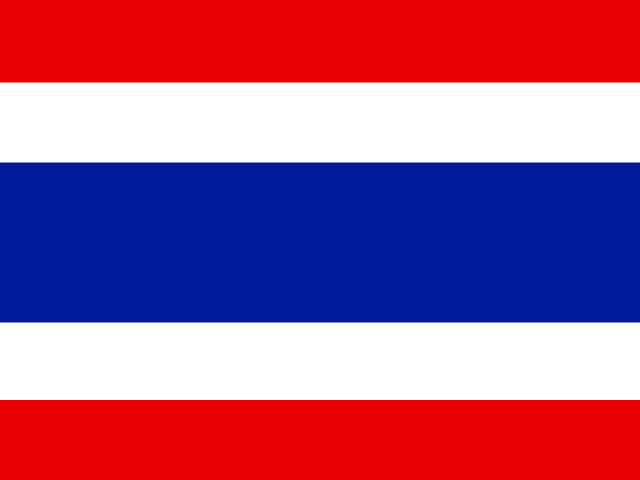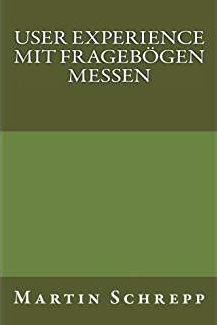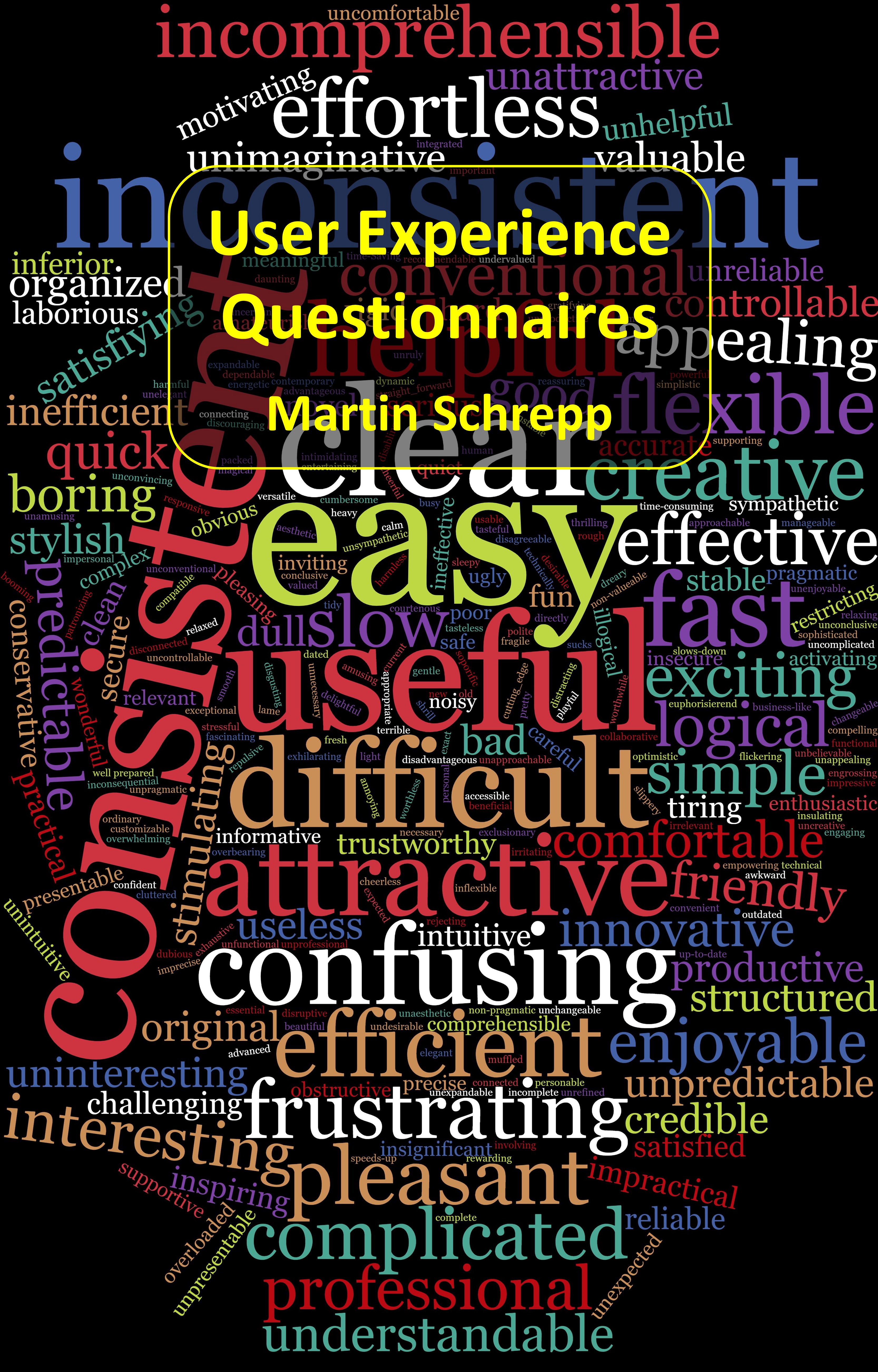User Experience Questionnaire
A fast and reliable questionnaire to measure the User Experience of interactive products. Available in more than 30 languages. Easy to use due to rich supplementary material.
What does it measure?
The scales of the questionnaire cover a comprehensive impression of user experience. Both classical usability aspects (efficiency, perspicuity, dependability) and user experience aspects (originality, stimulation) are measured.
Attractiveness
Overall impression of the product. Do users like or dislike it?
Perspicuity
Is it easy to get familiar with the product and to learn how to use it?
Efficiency
Can users solve their tasks without unnecessary effort? Does it react fast?
Dependability
Does the user feel in control of the interaction? Is it secure and predictable?
Stimulation
Is it exciting and motivating to use the product? Is it fun to use?
Novelty
Is the design of the product creative? Does it catch the interest of users?
News and recent activities
New presentations, papers or activities concerning the UEQ.
Construction and validation of an improved Greek language version.
Long term measurement of a product with the UEQ.
Combination of usage tracking with the UEQ-S to improve an ecommerce solution.
Investigation how UX metrics can be used to monitor the quality of a larger suite of business applications.
Comparison of UEQ-S, SUS and UMUX-Lite.
Application of the UEQ to evaluate UX of a mobile health app.
Paper that analyzes the semantic similarity of UX items with ChatGPT.
A comparison of UEQ-S, SUS and UMUX-Lite questionnaires.
Paper investigating the impact of usage behaviour and demographics on UEQ-S, SUS and UMUX-LITE.
Some basic papers describing the UEQ
The construction and basic application scenarios of the UEQ are described in a number of scientific papers.
- Laugwitz, B., Schrepp, M. & Held, T. (2008). Construction and evaluation of a user experience questionnaire. In: Holzinger, A. (Ed.): USAB 2008, LNCS 5298, pp. 63-76. Show on Research Gate
- Schrepp, M.; Hinderks, A. & Thomaschewski, J. (2014). Applying the User Experience Questionnaire (UEQ) in Different Evaluation Scenarios. In: Marcus, A. (Ed.): Design, User Experience, and Usability. Theories, Methods, and Tools for Designing the User Experience. Lecture Notes in Computer Science, Volume 8517, pp. 383-392, Springer International Publishing. Show on Research Gate
- Schrepp, M.; Hinderks, A. & Thomaschewski, J. (2017). Construction of a benchmark for the User Experience Questionnaire (UEQ). International Journal of Interactive Multimedia and Artificial Intelligence, Vol. 4, No. 4, pp. 40-44. Show on Research Gate
- Schrepp, Martin; Hinderks, Andreas; Thomaschewski, Jörg (2017): Design and Evaluation of a Short Version of the User Experience Questionnaire (UEQ-S). In: IJIMAI 4 (6), pp. 103–108. Show on Research Gate
- Hinderks, Andreas; Schrepp, Martin; Domínguez Mayo; Francisco José; Escalona, M.J.; Thomaschewski, Jörg. (2019). Developing a UX KPI based on the User Experience Questionnaire. Computer Standards & Interfaces, 65. Show on Research Gate
See more papers that use or refer to the UEQ at Google Scholar
Some important papers describing the UEQ
The construction and basic application scenarios of the UEQ are described in a number of scientific papers.
- Laugwitz, B., Schrepp, M. & Held, T. (2008). Construction and evaluation of a user experience questionnaire.
- Schrepp, M.; Hinderks, A. & Thomaschewski, J. (2014). Applying the User Experience Questionnaire (UEQ) in Different Evaluation Scenarios.
- Schrepp, M.; Hinderks, A. & Thomaschewski, J. (2017). Construction of a benchmark for the User Experience Questionnaire (UEQ).
- Schrepp, Martin; Hinderks, Andreas; Thomaschewski, Jörg (2017): Design and Evaluation of a Short Version of the User Experience Questionnaire (UEQ-S).
- Hinderks, Andreas; Schrepp, Martin; Domínguez Mayo, Francisco José; Escalona, M.J.; Thomaschewski, Jörg. (2019). Developing a UX KPI based on the User Experience Questionnaire.
See more papers that use or refer to the UEQ at Google Scholar
Available Languages
The UEQ is currently available in more than 30 languages.
 German
German
Authors: Bettina Laugwitz, Theo Held, Martin Schrepp
 English
English
Authors: Bettina Laugwitz, Theo Held, Martin Schrepp
 Spanish
Spanish
Authors: Manuel Pérez Cota, Jörg Thomaschewski, Maria Rauschenberger
 Portuguese
Portuguese
Authors: Manuel Pérez Cota, Ramiro Gonçalves
 Turkish
Turkish
Author: Baris Siri
 Indonesian
Indonesian
Author: Harry B. Santoso
 Chinese
Chinese
 French
French
Author: Alain Tuor
 Italian
Italian
Author: Mauro Zenoni
 Japanese
Japanese
 Dutch
Dutch
Author: Adriaan Dekker
 Russian
Russian
 Estonian
Estonian
Author: Jana Kadastik
 Slovenian
Slovenian
Authors: Matjaž Debevc, Saša Jazbec, Julija Lapuh Bele
 Swedish
Swedish
 Polish
Polish
Authors: Justyna Gerłowska, Katarzyna Grabowska-Aleksandrowicz, Urszula Skrobas, Konrad Rejdak
 Greek
Greek
Authors: Georgios Melissourgos, Christos Katsanos (Older version: Zacharias Kargas)
 Hindi
Hindi
Author: Neha Parashar
 Persian
Persian
Authors: Arefeh Heshmati, Peyman Rezaei-Hachesu, Taha Samad-Soltani
 Bulgarian
Bulgarian
Author: Assen Tzekin
 Czech
Czech
Author: Martin Valenta
 Malay
Malay
Authors: Noorlida Daud, Ahmad Zamzuri Mohamad Ali
 Thai
Thai
Author: Supalak Khemthong
Author: Martin Skarregaard
Author: Henning Brau
Author: Henning Brau
 Kannada
Kannada
Author: Henning Brau
 Marathi
Marathi
Author: Henning Brau
Author: Henning Brau
Author: Ali Maki Isa Ahmed Abbas
Author: Henning Brau
Authors: Mate Juric, Franjo Pehar, Nikolina Peša Pavlović
Author: Neea Tienhaara
Author: Henning Brau
Author: Henning Brau
Authors: Peter Strauch, Eva Pankova, Jozef Hanč
Authors: Apolline Mallet, Sumi Ledain

























Tap on a flag to get more information.
Download
This section list all materials required to work with the UEQ. Everything is completely free of charge.
Short version UEQ-S
A short version of the UEQ with just 8 items is available for some special application scenarios.
Newsletter
Sign up now for the UEQ newsletter to stay fully informed on all the latest developments. We’ll keep you up to date with news about the User Experience Questionnaire (UEQ), newly published articles, exciting book recommendations, and our most recent video courses.
Try it
Try the UEQ from the perspective of a survey participant.
Evaluate WhatsApp (UEQ full version)
Modular Extension UEQ+
The UEQ+ is a modular extension of the User Experience Questionnaire. It contains a larger list of UX scales that can be combined by a UX researcher to build a concrete UX questionnaire adapted to the concrete research question. In this sense the UEQ+ is not a UX questionnaire, it is a tool to build concrete questionnaires optimized for special evaluation scenarios.
The UEQ Team
Contact us in case of questions. We promise we won't bite!

Andreas Hinderks
Dr Andreas Hinderks is a user experience expert with a Diploma in Computer Science and a Master of Science in Media Informatics from the University of Applied Science Emden/Leer. He received his PhD in computer science with a focus on UX Management from the University of Sevilla. With over 20 years of experience in the industry, Dr Hinderks has held various management roles as a UX manager, business analyst and programmer. In addition to his professional work, he has been actively involved in research activities related to UX management, UX questionnaires, and UX research methods since 2011. Currently, he is working as a freelancer on various projects related to UX management.

Martin Schrepp
Dr. Martin Schrepp studied mathematics and psychology at University of Heidelberg. He received a diploma in mathematics 1990 and a Ph.D in psychology 1993. Since 1994 he works in various roles at SAP SE. His work experience includes writing technical documentation, software development and user interface design. Main research interests are the application of insights from cognitive science to the design of interactive products, accessibility and the development of methods for evaluation and data analysis.

Jörg Thomaschewski
Dr. Thomaschewski became Full Professor at the University of Applied Sciences Emden/ Leer (Germany) in September 2000. His research interests are human-computer interaction, and agile software engineering. Dr. Thomaschewski founded the research group “Agile Software Development and User Experience” at the University of Applied Sciences Emden/ Leer in 2009. He also has extensive experience in user experience training, user experience management, UX questionnaires, agile methods, IT analysis, e-learning, and consulting.
Contact:
Team UEQ
Andreas Hinderks
Häfkerstr. 11
28844 Weyhe
Germany
We use icons from Font Awesome by Dave Gandy - http://fontawesome.io
Copyrights © 2024 All Rights Reserved by UEQ Team

